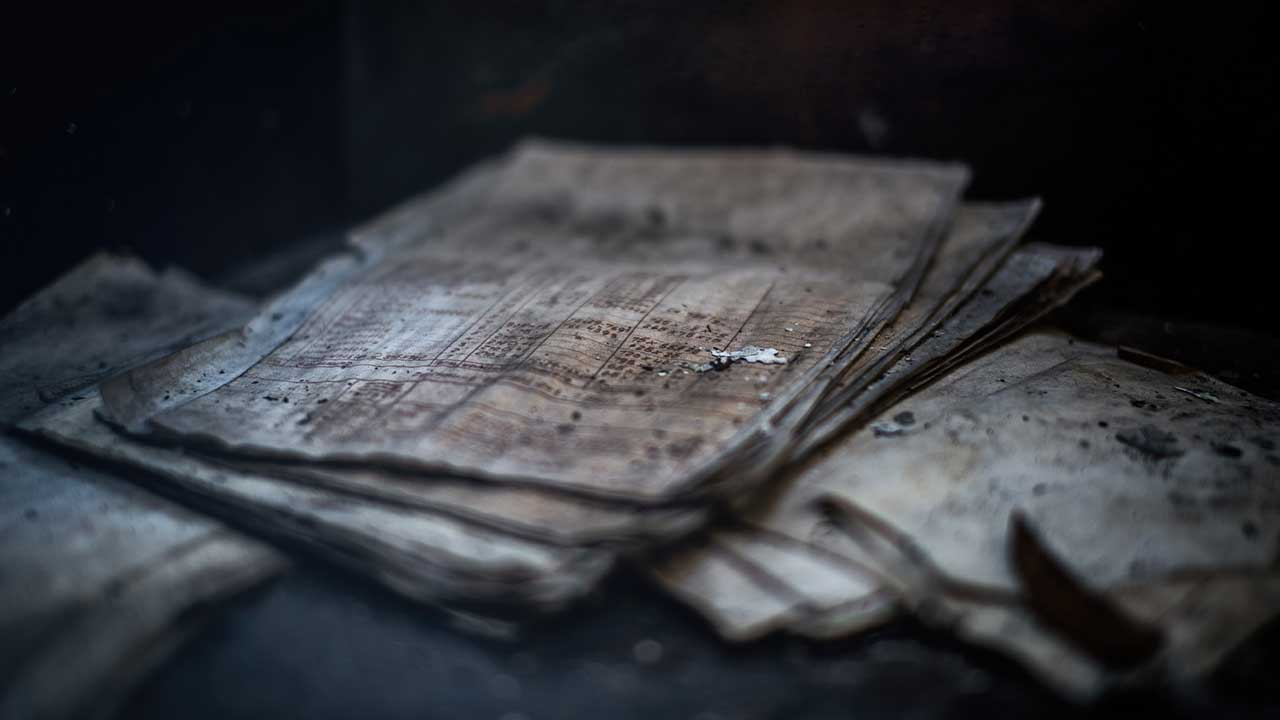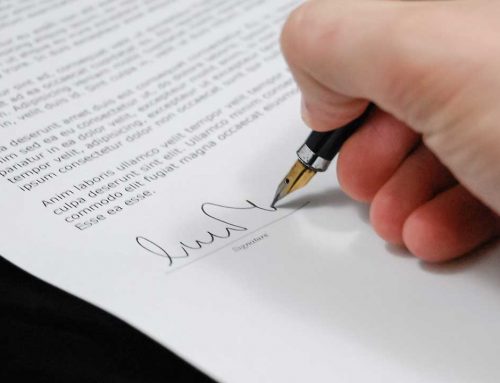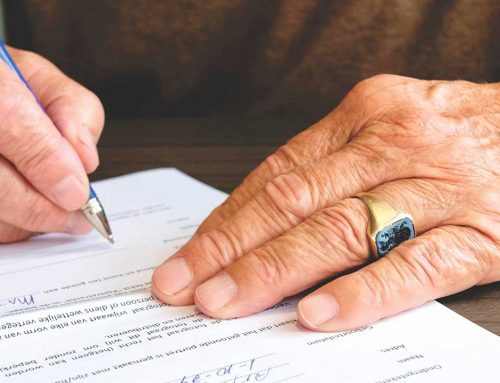Have you ever wondered what would happen if, upon your death, your Will could not be located? Loss or destruction of a Will is an occurrence that hopefully would not befall you or your friends, because a presumption that the Will was revoked can arise. Although uncommon, however, some Wills are either lost or destroyed.
All hope for retrieving the intention of the lost or destroyed Will is not itself lost. Legislative provisions allow an estate trustee or any person appearing to have a financial interest in an estate to apply to the Court to have a testamentary instrument put forth as the last Will of a deceased, and proved in such a manner as the Court directs.
Where all persons who have an interest in an estate consent to the proof, the manner of proving the validity and contents of a lost or destroyed Will to the Court is to provide affidavit evidence. Where consent of all who have an interest in an estate is not obtainable, then any person who has an interest in an estate may apply to the Court for directions.
The person putting forward the Will for validation must prove the following:
1.
That the Will was duly executed. This can be accomplished by testimony of persons who witnessed the signing of the Will, or in some cases, where execution is not at issue, by offering affidavit evidence of persons who witnessed the signing of the Will.
2. Who last had the Will. If the testator last had the Will, the presumption of revocation arises. If someone else last had the Will, the presumption does not arise.
3. That, where the Will was in the possession of the testator, it was not revoked by the testator. Note, however, if the testator lost mental capacity while the Will was in his or her possession, then those wishing to prove that it was revoked will need to demonstrate that the testator had mental capacity to revoke the Will, or revoked the Will before losing mental capacity.
4. The contents of the will. This is the most difficult to prove. Most common is a photocopy of the will as executed or “trued up” accompanied by the testimony of the lawyer who prepared the will. In some circumstances, the lawyer’s notes or drafts will satisfy the onus, depending on the accompanying testimony. In rare cases, statements regarding the contents of the Will made by the testator (before or after the Will was made) may satisfy the Court of the contents of the Will.
Kindly note that this list is not exhaustive, and is intended only to summarize the salient elements.
Accordingly, if there is a lost or destroyed Will and you believe that it was the testator’s intentions to have the contents of that Will abided by, it is best to contact your lawyer to see what he or she can do about it.






